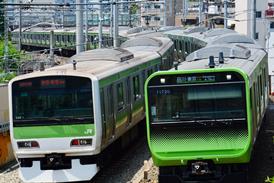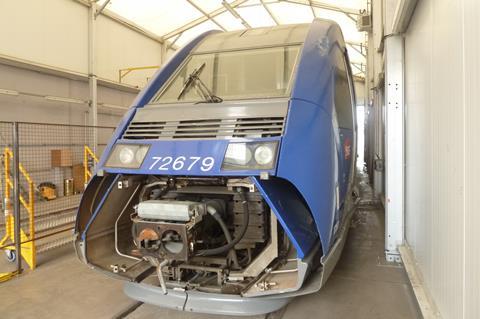
FRANCE: Co-operative community interest group Railcoop has appointed ACC M to refurbish second-hand X72500 diesel multiple-units to enable it to launch open access passenger services between Lyon and Bordeaux.
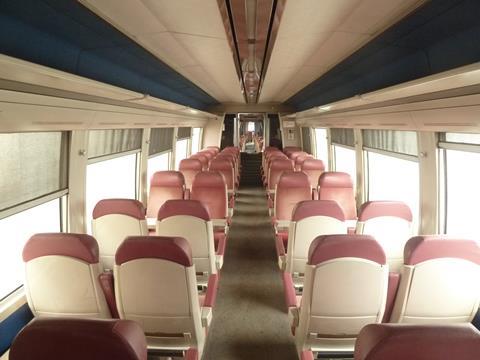
Eight three-car DMUs are being acquired from SNCF Voyageurs and the Auvergne-Rhône-Alpes region for passenger use, plus one two-car set for spares. So far the two-car unit and one three-car unit have been bought by Railcoop, with ownership of the other seven to be transferred once funding has been finalised.
The DMUs have been stored for some time, and so refurbishment must be undertaken before passenger services can be launched. ACC M is undertaking a detailed examination of the first two units at its factory in Clermont-Ferrand to assess their condition and what work is required. The examination is expected to take three months.
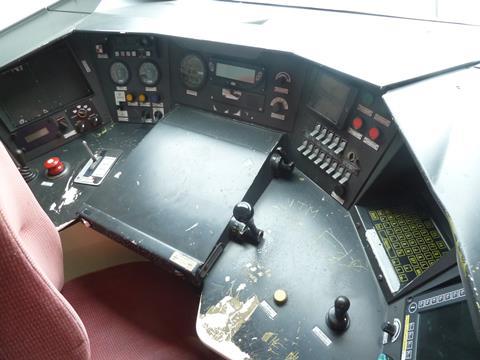
Railcoop will then draw up specifications for the refurbishment, which will also be undertaken by ACC M. This means the expected cost of the work is not currently known.
Managing Director of ACC M Thierry Cézard, told Railway Gazette International that its experience of rolling stock renewal will held to reduce the time required for the refurbishment; he points to the seats, which can be recovered rather than replaced.
He said Railcoop’s requirements are similar to those of the major operators such as SNCF and RATP, but there are also additional features required such as redesigned spaces for bikes and facilities for passengers with reduced mobility.
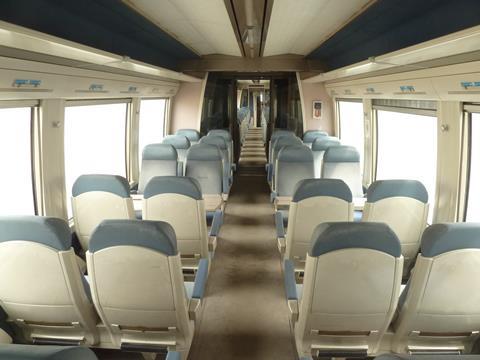
The need to get the trains ready for service as soon as possible means it is important that any changes do not affect their existing approval for use on the national network.
ACC M will act as Railcoop’s entity in charge of maintenance, and future servicing could be undertaken at the ACC M factory or at a workshop along a prospective Railcoop route.
ACC M has also become member of Railcoop, for both the business opportunity and to support its corporate social responsibility objectives.
Looking to the longer term, Cézard sees opportunities for cleaner operation of DMUs, starting with changes to the cooling system to reduce energy use but potentially including conversion to run on hydrogen.




